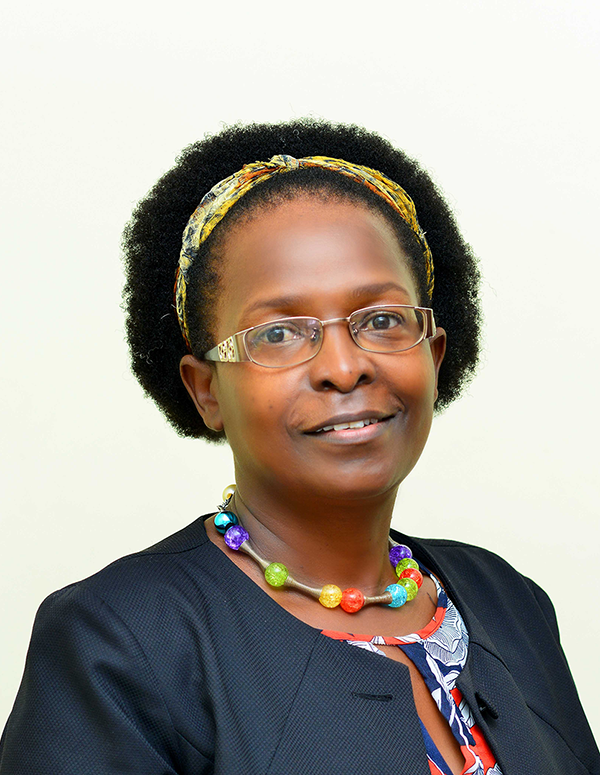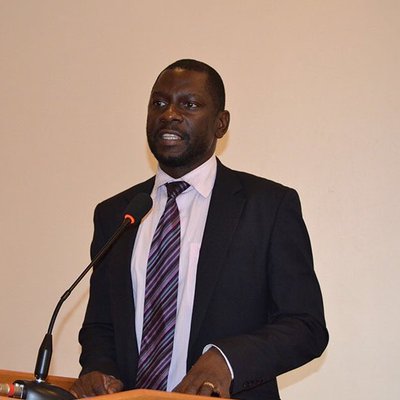
Makerere University has recorded significant progress in addressing sexual harassment through its Kicking Sexual Harassment Out of Higher Education Institutions (KISH) project. Findings from the project’s endline dissemination, held on December 5, 2024, revealed the positive impact of interventions designed to create a safer academic environment.
Launched in 2020, the KISH project was a collaboration between the School of Women and Gender Studies, the School of Psychology, and the School of Computing and Information Technology at Makerere University. Funded by Uganda’s Makerere University Research and Innovation Fund (RIF), the project adopted a whole-university approach to tackle sexual harassment holistically by involving all stakeholders and implementing diverse interventions tailored to different groups.
The project introduced several key components, including KISH Student Clubs for female students, an online sexual harassment course for students and staff, the Men’s Hub targeting male participants, and an innovative online reporting and response system. The initiative aimed to empower students and staff with life skills, increase awareness of sexual harassment policies, and establish accessible channels for reporting and addressing harassment.

During the online dissemination event Prof. Grace Bantebya Kyomuhando, the project’s principal investigator, highlighted the need for a systemic approach to tackle sexual harassment. “This issue cannot be resolved through isolated interventions. We designed KISH to address every aspect of the university system, engage all stakeholders, and foster collective responsibility,” she said. Prof. Bantebya emphasized the project’s focus on including men as part of the solution, stating, “Men are often labeled as perpetrators, but they need to be engaged as allies and advocates for change.”
Findings from the project’s baseline survey showed that over 75% of staff and 80% of students acknowledged that sexual harassment was common at Makerere University. Female students were the most frequent victims, while male students and staff were identified as the primary perpetrators. However, a culture of silence prevailed, with over 80% of female staff and 91% of female students who experienced harassment failing to report their cases. Factors such as fear of retaliation, normalization of harassment, and lack of trust in existing reporting mechanisms were identified as barriers.
The endline survey demonstrated a shift in attitudes and practices. Knowledge about sexual harassment and confidence in responding to incidents had increased among students and staff. The online reporting system was lauded for its ease of use, anonymity, and smartphone accessibility, providing a confidential platform for victims and whistleblowers. The KISH Men’s Hub emerged as a pivotal initiative, engaging male participants in dialogue about masculinity, gender equality, and their role in eliminating harassment.
Prof. Florence Muhanguzi, Co Project PI, emphasized the transformative impact of these interventions. “The KISH initiative has empowered the university community by equipping them with tools to identify and address sexual harassment,” she said. While acknowledging the progress made, Prof. Muhanguzi stressed the need for sustained efforts to raise awareness and integrate KISH activities into broader university programs.

Representing the Chairperson Grants Management Committee, Ms. Phoebe Lutaya Kamya commended the project for its high impact. “This initiative stands out as a life-changing innovation, and we hope it will extend beyond Makerere to other higher education institutions in Uganda,” she said.
The workshop was moderated by Prof. Julius Kikooma who is also project Co-PI and featured presentations from other Co-PIs and panel discussions. Key recommendations from the dissemination meeting included incorporating sexual harassment training into orientation programs for new students, expanding awareness campaigns to reach all university units, and mainstreaming KISH initiatives into existing safeguarding policies. The project team also proposed seeking additional funding to enhance and sustain the initiative.

As the project concludes, it leaves a legacy of actionable strategies, robust systems, and an empowered community committed to fostering a safe and inclusive academic environment. Prof. Bantebya underscored the broader vision, stating, “The fight against sexual harassment requires a collective effort. Together, we can create a culture of respect, dignity, and zero tolerance for harassment in higher education.”
